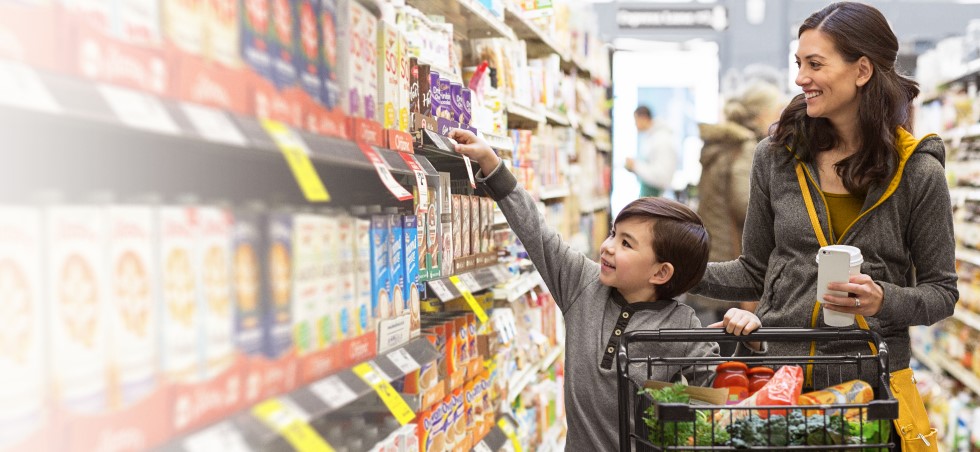The Office for National Statistics (ONS) has calculated, using the Consumer Price Index (CPI) measure, that inflation has now jumped to 10.4% in the 12 months to the end of February.
ONS chief economist, Grant Fitzner said: “Food and non-alcoholic drink prices rose to their highest rate in over 45 years with particular increases for some salad and vegetable items as high energy costs and bad weather across parts of Europe led to shortages and rationing.”
The FDF’s chief executive Karen Betts said: “Today’s acceleration in food and drink inflation to 18.2% will come as disappointing news for households. It reflects the continued, significant pressure the food and drink sector is under as businesses grapple with persistent cost rises.
“We welcomed Jeremy Hunt’s pledge to halve inflation this year made in last week’s budget but there’s certainly more the Government can do to help our sector achieve this. The agreement of the Windsor Framework is a strong step forward, and implementing these new rules in a pragmatic way will be important. However, the lack of ambition in the Government’s plans to regulate further for the recycling of plastics and packaging in the UK is worrying – if they are not adjusted in line with international best practice, they will stifle much-needed investment and risk failing consumers, businesses and the environment while pushing up costs.”
ONS data shows that over the year to February 2023, on average, 72% of food and drink manufacturers stated they had to absorb rising costs. That compares with 56% of all companies across the UK and 53% of food retailers, suggesting that the industry has been disproportionately impacted by the rise in input costs during the pandemic and the war in Ukraine, compared to the average UK business. It also suggests manufacturers absorbed a lot of pain to support households and did not share the full extent of rising costs.
The number of insolvencies in the food manufacturing industry has exactly doubled in 2022 compared to 2019 (244 vs 122). The 100% rise in insolvencies significantly outpaced the 27% rise in insolvencies in UK as a whole or 15% rise in manufacturing insolvencies.
In last week’s budget The Chancellor, Jeremy Hunt, reported that inflation was predicted to fall to 2.9% by the end of 2023.









